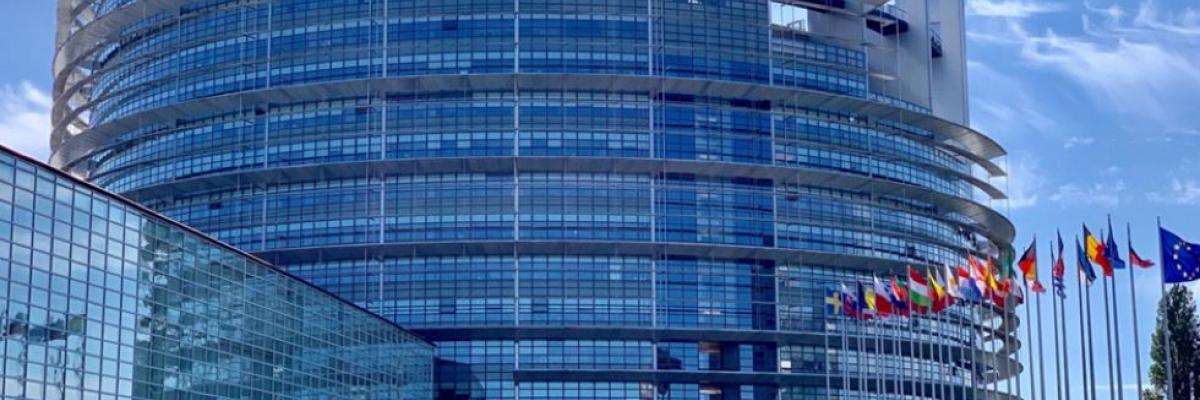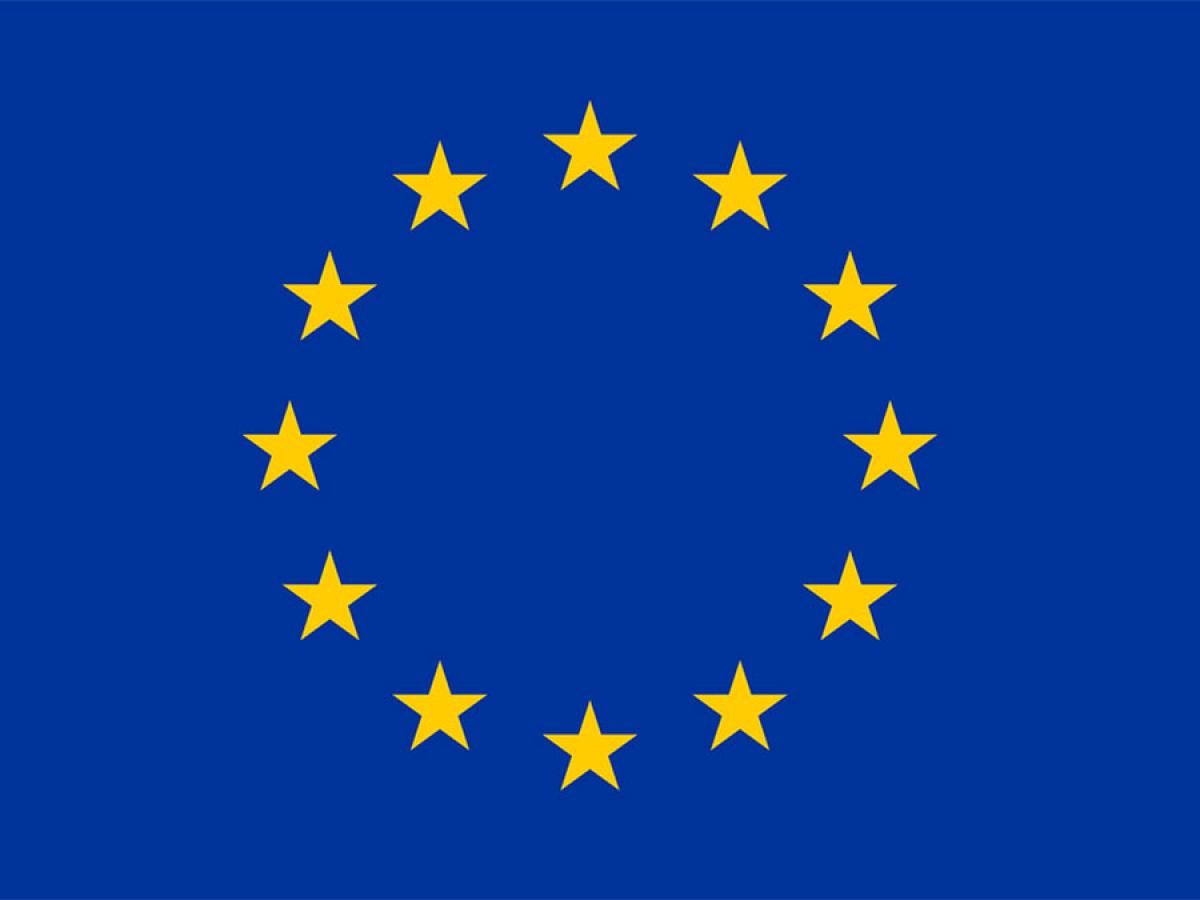The future of EU trade policy and strategies in a militarised environment

The term ‘strategic autonomy’ comes from defence/ military planning and refers to the EU’s ability to chart its own course in line with its interests and values. This does not mean going it alone, but rather accepting and managing our interdependence in the best possible way.
The addition of ‘openness’ shows that the EU will be open to trade and will promote stable rules in order to be strong economically and have geopolitical influence.
What led the European Commission to develop this policy stance? Introducing its 2021 Trade Policy Review (European Commission, 2021, 5), the Commission cited a constellation of driving factors:
- Deteriorating geopolitics and the associated rise of unilateralism on the part of major powers;
- the EU’s domestic economic policy imperatives, being anchored in the green and digital transitions;
- the emergence of new growth poles that challenge the EU’s economic position, some with different economic models, and notably China;
- a cluster of challenges presented by globalization of value chains, including polarization of marginal communities, growing inequalities, and lack of level playing fields; and
- the need to respond to the economic policy challenges posed by COVID 19.
The trade policy arenas impacted by these dynamics include:
1. Openness to trade and investment;
2. An emphasis on sustainability, and associated responsibility to lead internationally “to shape a greener and fairer world, reinforcing existing alliances and engaging with a range of partners”; and
3. Resistance to unfair and coercive trade practices, through cooperation where possible.
Some have described this evolving EU trade policy as “Competitive Globalism” referring to the EU’s new view of globalization as an environment where the EU must increasingly struggle to gain relative advantage over other states, necessitating a shift from cooperation to competition.
This paper addresses the implications of what may very well be a sustained and decisive shift by Brussels towards unilateralism, to protect EU values and economic policy priorities, while consciously externalising those values and policy preferences through trade agreements and the WTO.
Authors:
Peter Draper is Executive Director of the Institute for International Trade, and Jean Monnet Chair in Trade and Environment.
Rolf J. Langhammer retired from the Vice-Presidency of the Kiel Institute for the World Economy 2012, but continues to work at the Institute.
The European Commission’s support for the production of any publications or studies does not constitute an endorsement of the contents, which reflect the views only of the authors, and the Commission cannot be held responsible for any use which may be made of the information contained therein.

With the support of the Erasmus+ Programme of the European Union
This work is licensed under Commons Attribution-NonCommercial-NoDerivatives 4.0 International License.
IIT is a global leader in researching, analysing and commenting on International Trade.
Stay informed about our up-and-coming seminars, events, publications, awards, new projects and collaborations, and other exciting news.
